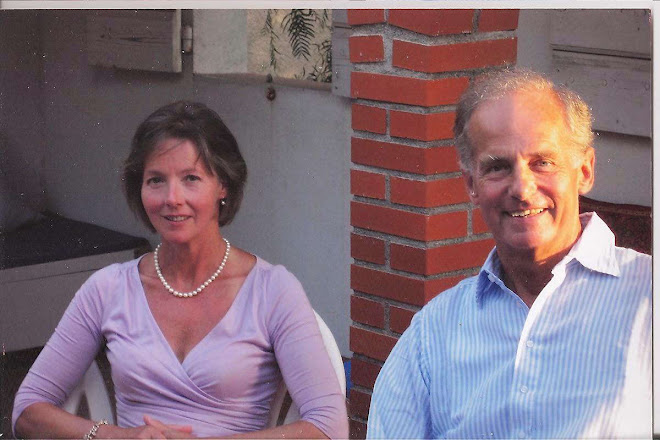‘Convinced that, while remaining proud of their own national identities and history, the peoples of Europe are determined to transcend their ancient divisions and, united ever more closely, to forge a common destiny’. (draft EU Constitution)
Given the difficulty of finding any logical argument supportive of the irreclaimably corrupt and authoritarian European Union, it is unsurprising how often one encounters variants of this bland assertion that unity is intrinsically beneficial. Although the "argument" is scarcely worthy of consideration, it may be worth drawing its proponents' attention to Chesterton's observation on the subject.
‘We might take, for example, the case of the strange class of notions which underlie the word “union”, and all the eulogies heaped upon it. Of course, union is no more a good thing in itself than separation is a good thing in itself. To have a party in favour of union and a party in favour of separation, is as absurd as to have a party in favour of going upstairs and a party in favour of going downstairs. The question is not whether we go up or downstairs, but where we are going to, and what we are going for? Union is strength; union is also weakness. It is a good thing to harness two horses to a cart; but it is not a good thing to try and turn two hansom cabs into one four-wheeler. Turning ten nations into one empire may happen to be as feasible as turning ten shillings into one half-sovereign. Also it may happen to be as preposterous as turning ten terriers into one mastiff. The question in all cases is not a question of union or absence of union, but of identity or absence of identity’. (Gilbert K. Chesterton, Heretics (London, 1905), p. 255)
Thursday, 25 February 2010
Subscribe to:
Post Comments (Atom)



No comments:
Post a Comment